Samsung might shelve Galaxy Note due to chip shortages
The firm has warned of a "serious imbalance" in supply and demand of semiconductors
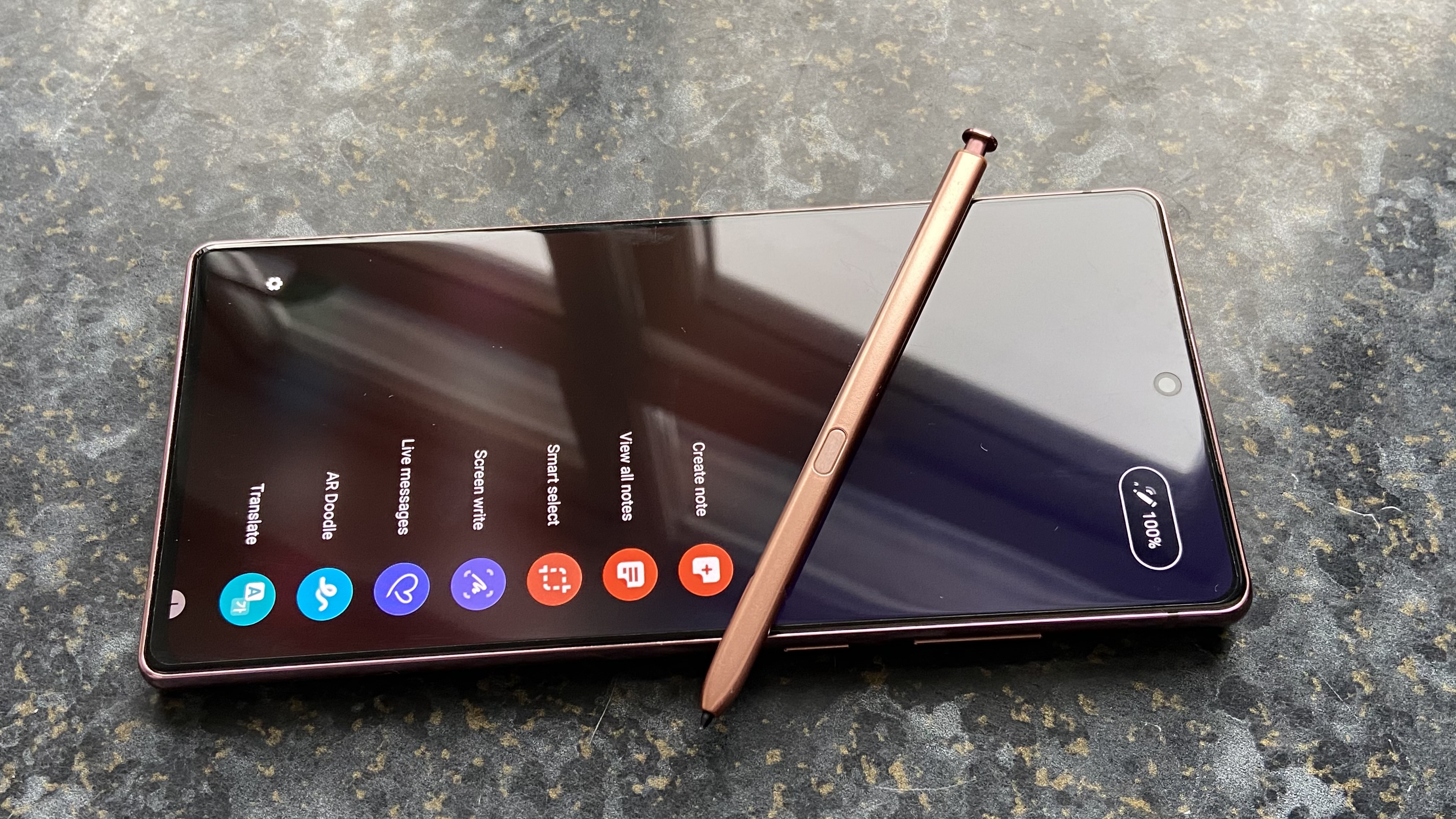

Samsung’s next Galaxy Note could be delayed until 2022 as the tech industry struggles with the effects of a “serious imbalance” in global semiconductor shortages.
Late last year, it was rumoured that the Korean tech giant was planning to discontinue its Galaxy Note series in 2021 as demand for its premium smartphones weakened.
However, it now appears that the main reason for this decision is the major shortage of semiconductors that has been plaguing the global tech and automotive industries.
At a shareholder meeting in Seoul, Samsung co-CEO Koh Dong-jin, who leads the company's IT and mobile communications division, warned of a “serious imbalance in supply and demand of chips in the IT sector globally”, Bloomberg reports.
Koh added that, although Samsung’s “business leaders are meeting partners overseas to solve these problems”, they haven’t been “solved 100%” yet.
The most noticeable consequence of these issues could be the lack of a new Samsung Galaxy Note in 2021.
Koh said that although the “Note series is positioned as a high-end model in [Samsung’s] business portfolio (...) it might be difficult to release [a] Note model in 2H”.
Get the ITPro daily newsletter
Sign up today and you will receive a free copy of our Future Focus 2025 report - the leading guidance on AI, cybersecurity and other IT challenges as per 700+ senior executives
“It could be a burden to unveil two flagship models in a year,” he added, referring to January’s launch of the Galaxy S21. Instead, Samsung would be aiming to “release a Note model next year”.
In December, Ben Wood, Chief of Research at CCS Insight, told IT Pro that Samsung is also likely finding it “increasingly difficult” to differentiate between its Galaxy S and Galaxy Note ranges.
“Given the diminished differentiation between the Galaxy and Note ranges, we believe there is increasing logic in Samsung converging these product platforms in the future,” he said. “At a time when consumers are holding onto their phones for at least three years, we question the strategy of having two major flagship launches per year. In our view, this could even erode the longevity of other devices in the company's line-up."
Although the semiconductor shortage has been felt by the industry since the start of the coronavirus pandemic, 2021 has been exceptionally difficult for Samsung. Last month, the tech giant was forced to shut down production at two factories in Austin, Texas, due to a winter storm that affected 25 states in the US. According to Bloomberg, Samsung hasn’t resumed full production since.
Having only graduated from City University in 2019, Sabina has already demonstrated her abilities as a keen writer and effective journalist. Currently a content writer for Drapers, Sabina spent a number of years writing for ITPro, specialising in networking and telecommunications, as well as charting the efforts of technology companies to improve their inclusion and diversity strategies, a topic close to her heart.
Sabina has also held a number of editorial roles at Harper's Bazaar, Cube Collective, and HighClouds.
-
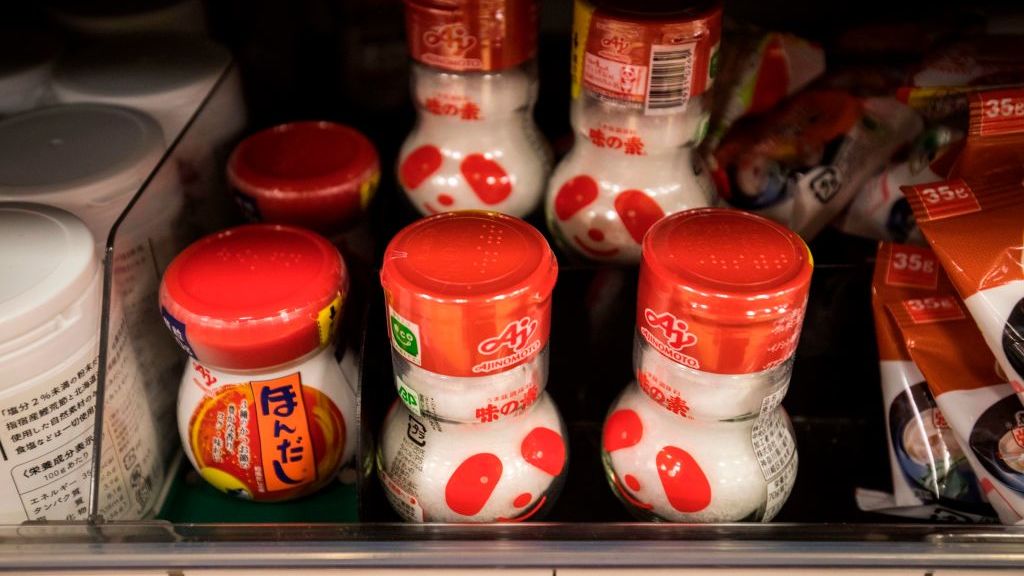 MSG giant Ajinomoto's chipmaking foray helps break financial records
MSG giant Ajinomoto's chipmaking foray helps break financial recordsNews In addition to umami seasoning, the company produces a microfilm insulation used by the semiconductor industry which was repurposed from its amino acid technology
By Zach Marzouk
-
 IBM unveils its 'most powerful' 433-qubit quantum processor
IBM unveils its 'most powerful' 433-qubit quantum processorNews The Osprey is three times more powerful than IBM's 127-qubit Eagle processor the company launched a year ago
By Zach Marzouk
-
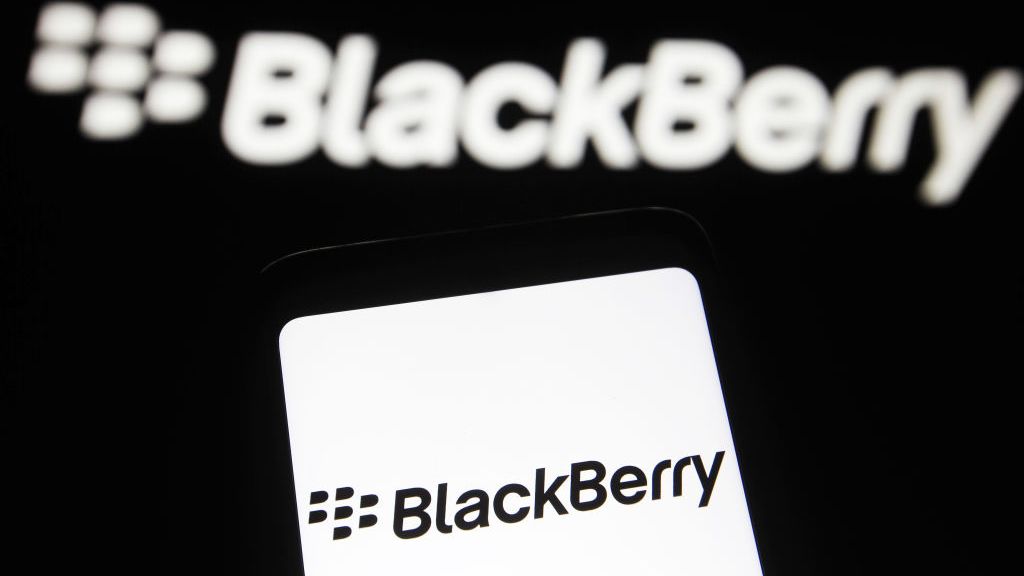 Blackberry revenue falls by 4% as cyber security division takes hit
Blackberry revenue falls by 4% as cyber security division takes hitNews Despite this, the company’s Internet of Things (IoT) division increased its revenue by 28% as it attracted new customers from the automotive sector
By Zach Marzouk
-
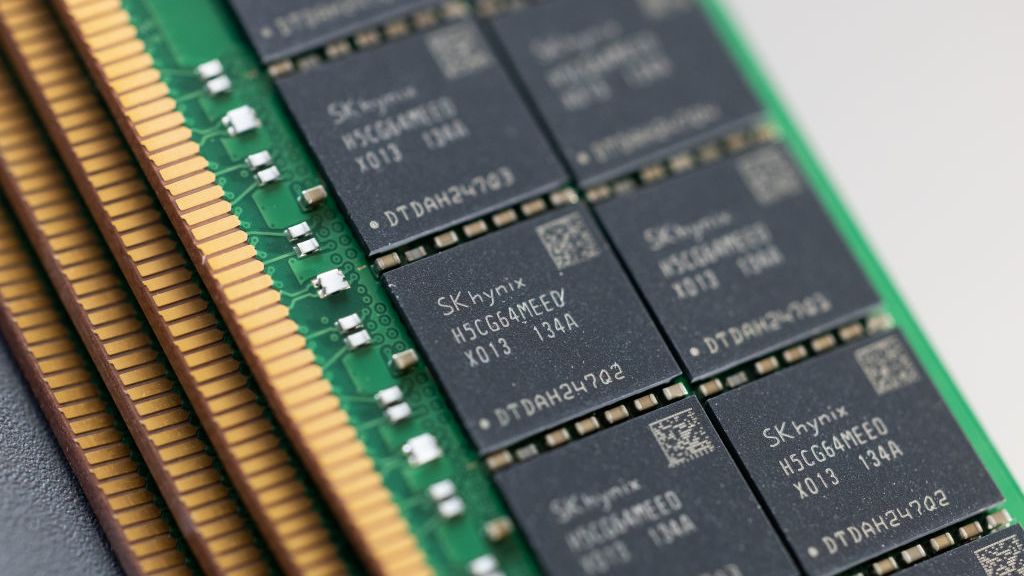 SK Hynix splashes out $11 billion on new semiconductor plant
SK Hynix splashes out $11 billion on new semiconductor plantNews The company will produce memory chips, but will reportedly decided closer to the time whether they will be DRAM or NAND flash chips depending on market conditions
By Zach Marzouk
-
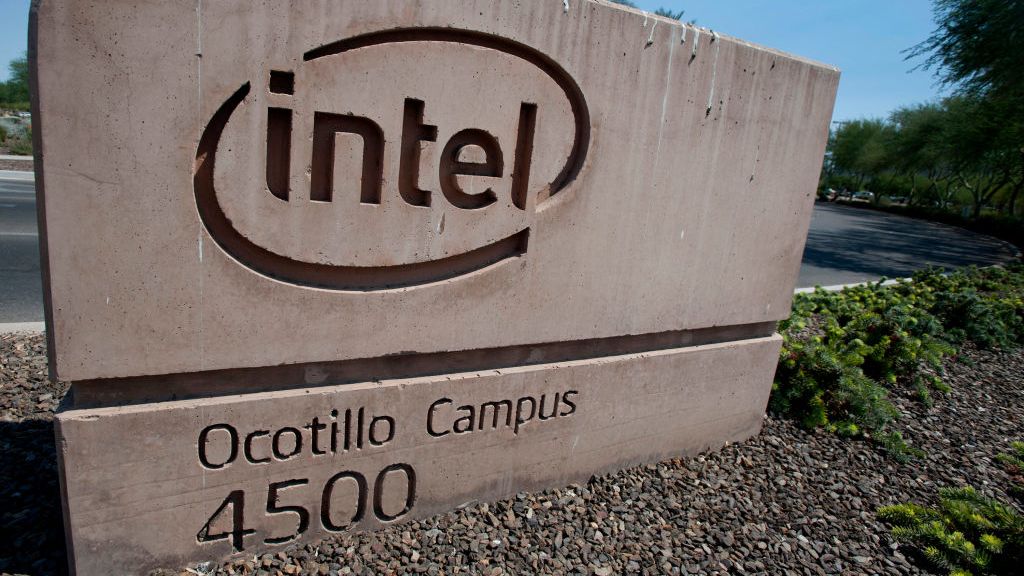 Intel strikes $30 billion private equity partnership to fund Arizona plant expansion
Intel strikes $30 billion private equity partnership to fund Arizona plant expansionNews Brookfield Infrastructure Partners will invest around $15 billion into the expansion of the chipmaker’s Ocotillo campus
By Daniel Todd
-
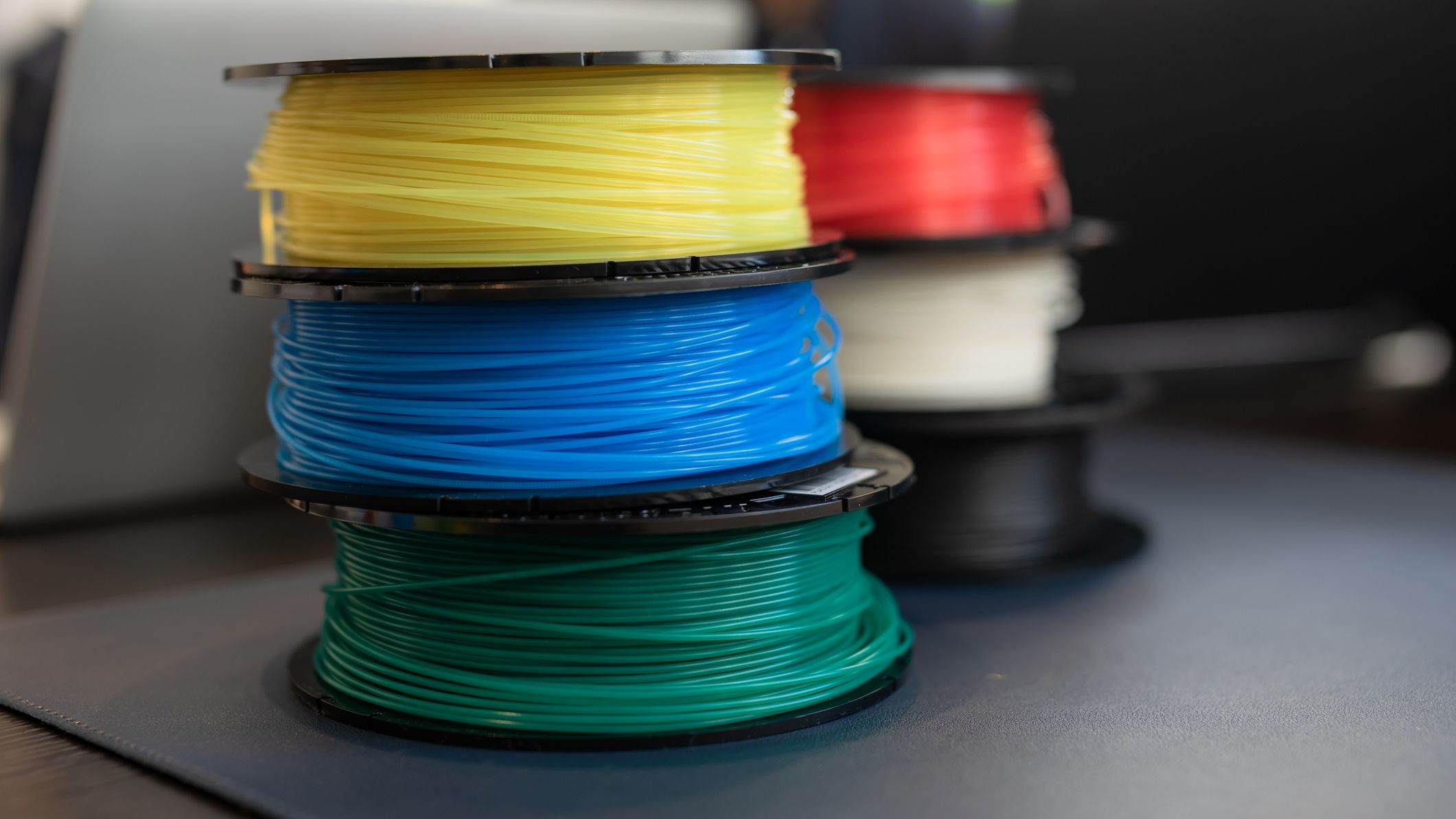 The best 3D printer tools and accessories for your business
The best 3D printer tools and accessories for your businessIn-depth Every business using 3D printers should be aware of these essential extras to raise its output to the next level
By Rory Bathgate
-
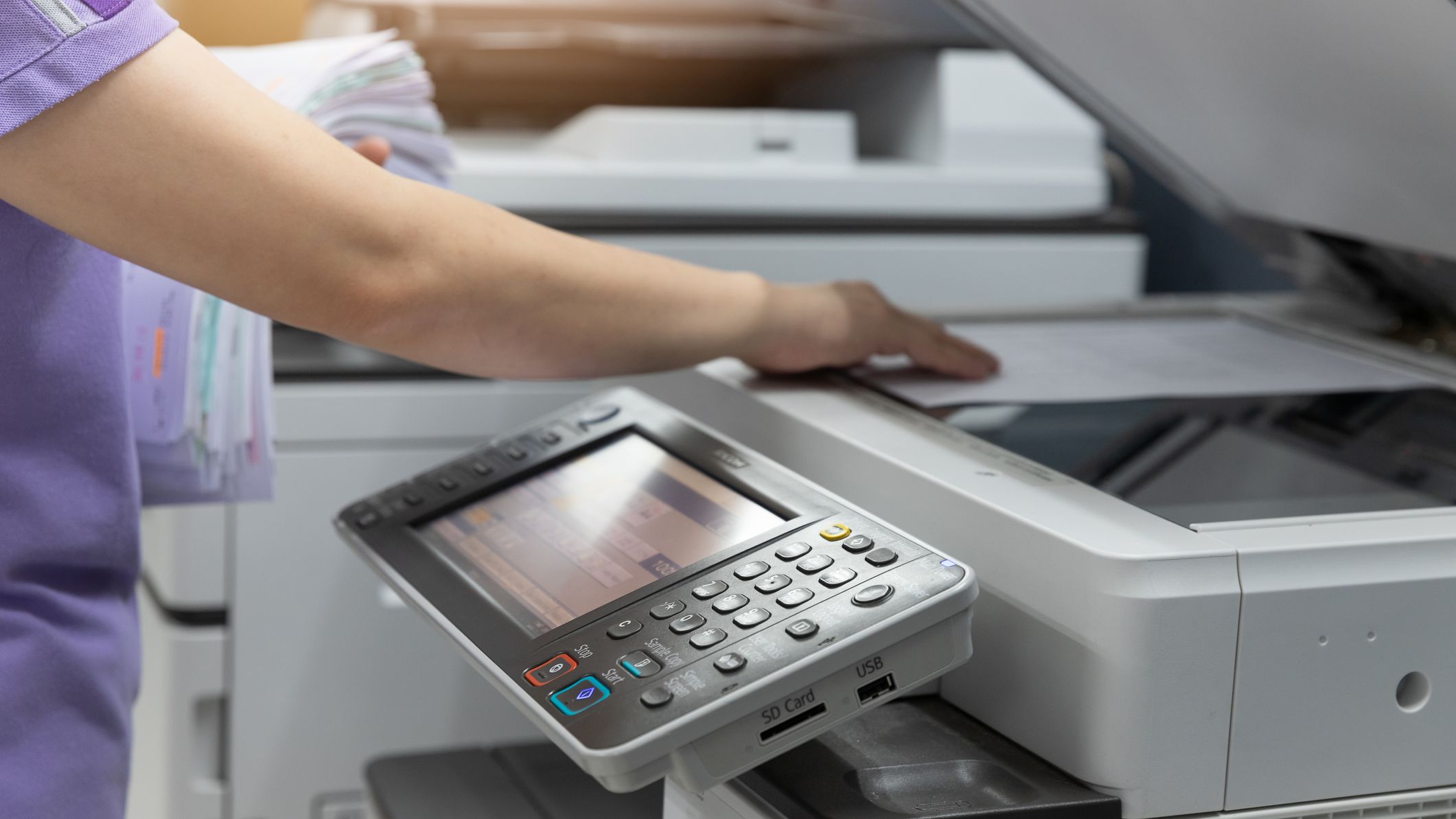 LED vs laser printers: Which is better for business?
LED vs laser printers: Which is better for business?In-depth Laser and LED printer technology is similar, but each come with their own unique benefits that could make them best for your company
By Rory Bathgate
-
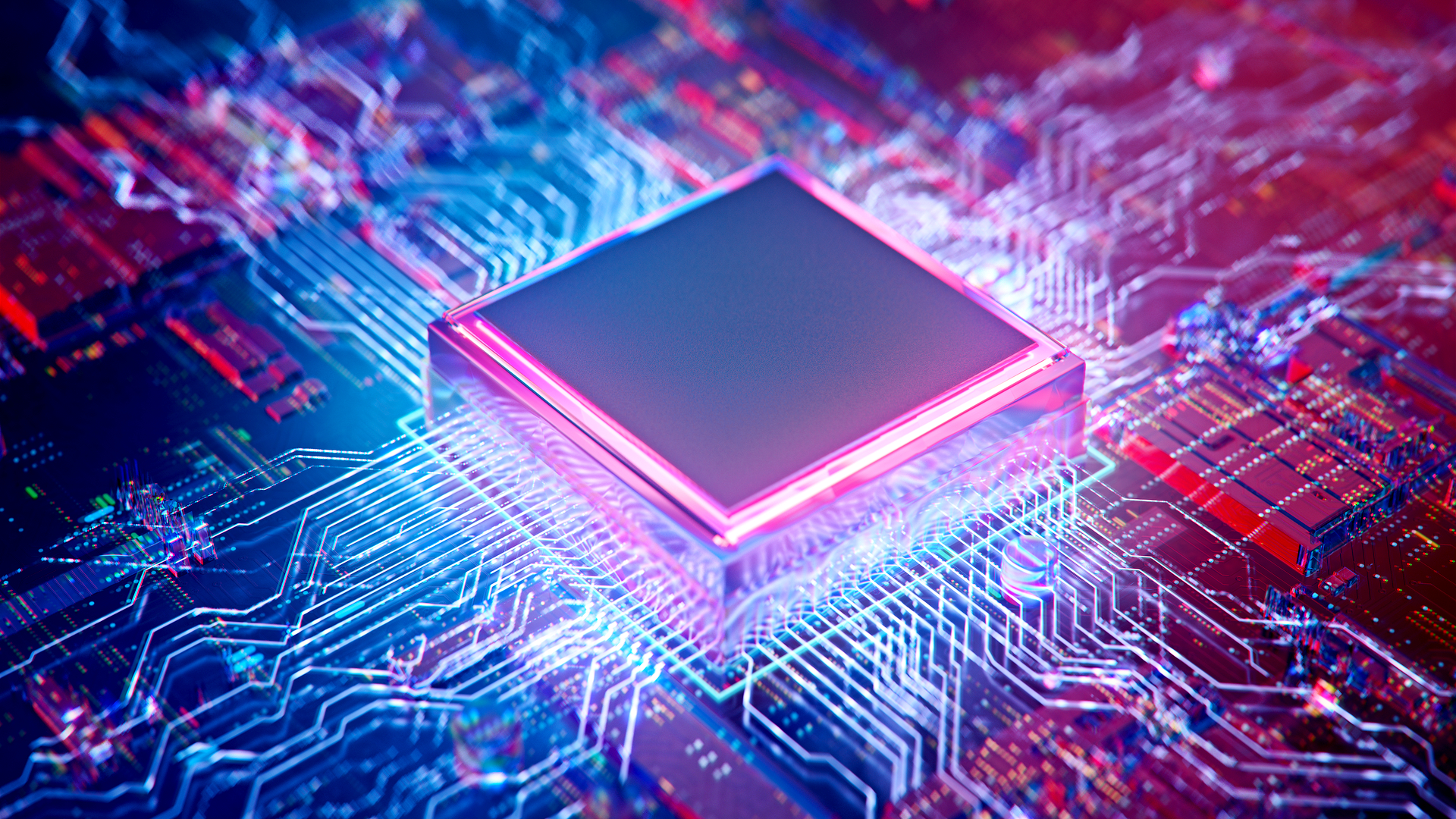 Intel to produce chips for Taiwanese manufacturer MediaTek
Intel to produce chips for Taiwanese manufacturer MediaTekNews The agreement comes after the US chip company managed to secure deals with Amazon and Qualcomm last year
By Zach Marzouk

